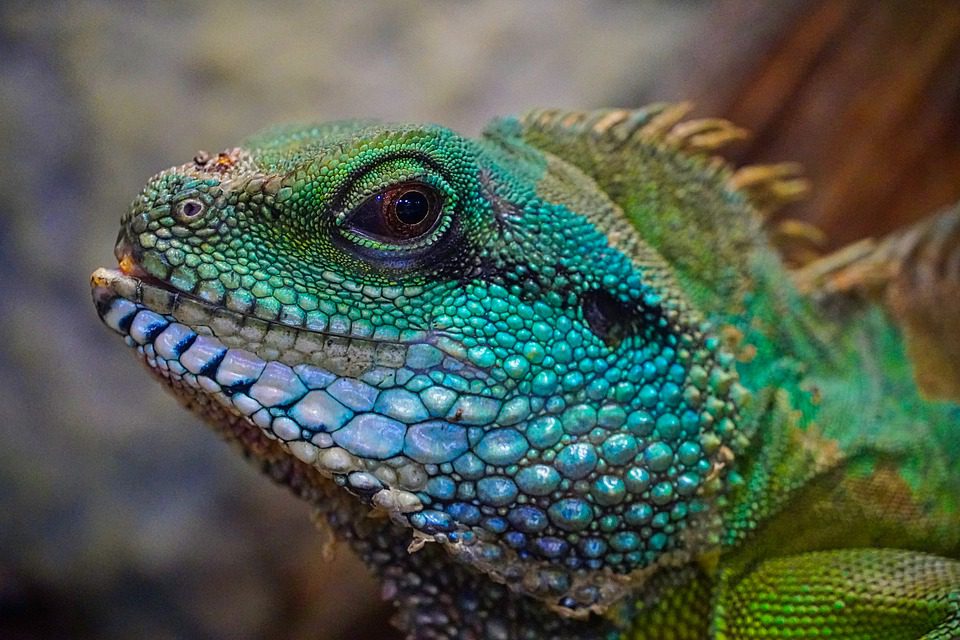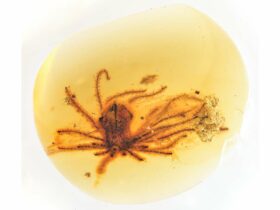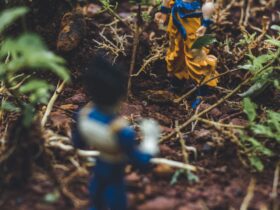Researchers have found that the developmental processes of some creatures without lungs first commit to creating these breathing organs but later change their minds.
The plethodontid salamanders have survived for at least 25 million years despite lacking lungs by breathing through tissues in their skin and mouth. The only way for oxygen to be absorbed via the skin is if it is kept moist, thus they must cover themselves in slime (essentially wearing their lung mucous on the outside).
Almost 478 species of lungless plethodontid salamanders can be found across the Americas, Europe, and even South Korea. Since nothing is known about how these cold-blooded amphibians lose their lungs, evolutionary biologist Zachary Lewis of Harvard University set out to investigate.
For one species, P. cinereus, this embryonic lung development and branching out is disrupted after around three weeks. Early lung cells in salamander embryos are programmed for apoptosis, or cell death, long before the babies emerge from their shells. The mesenchyme, the tissues surrounding the developing lungs, are thought to be the source of the regulatory signals necessary to maintain the cells growing in other vertebrates. Although adult mucous-covered salamanders show no signs of lungs, the genes and a number of the developmental mechanisms necessary to create them are still there.
However, it seems that parts of the signals needed to finish the process are absent, such as those from the mesenchyme tissues. If animals haven’t needed lungs in millions of years, why have they held on to so many of the components necessary to make them? These ties illustrate how research into organ relics (vestigial structures), such as these or the leg nubs of snakes, can shed light on the complex mechanisms underlying developmental & evolutionary activities and shed light on how our own organs function.















Leave a Reply